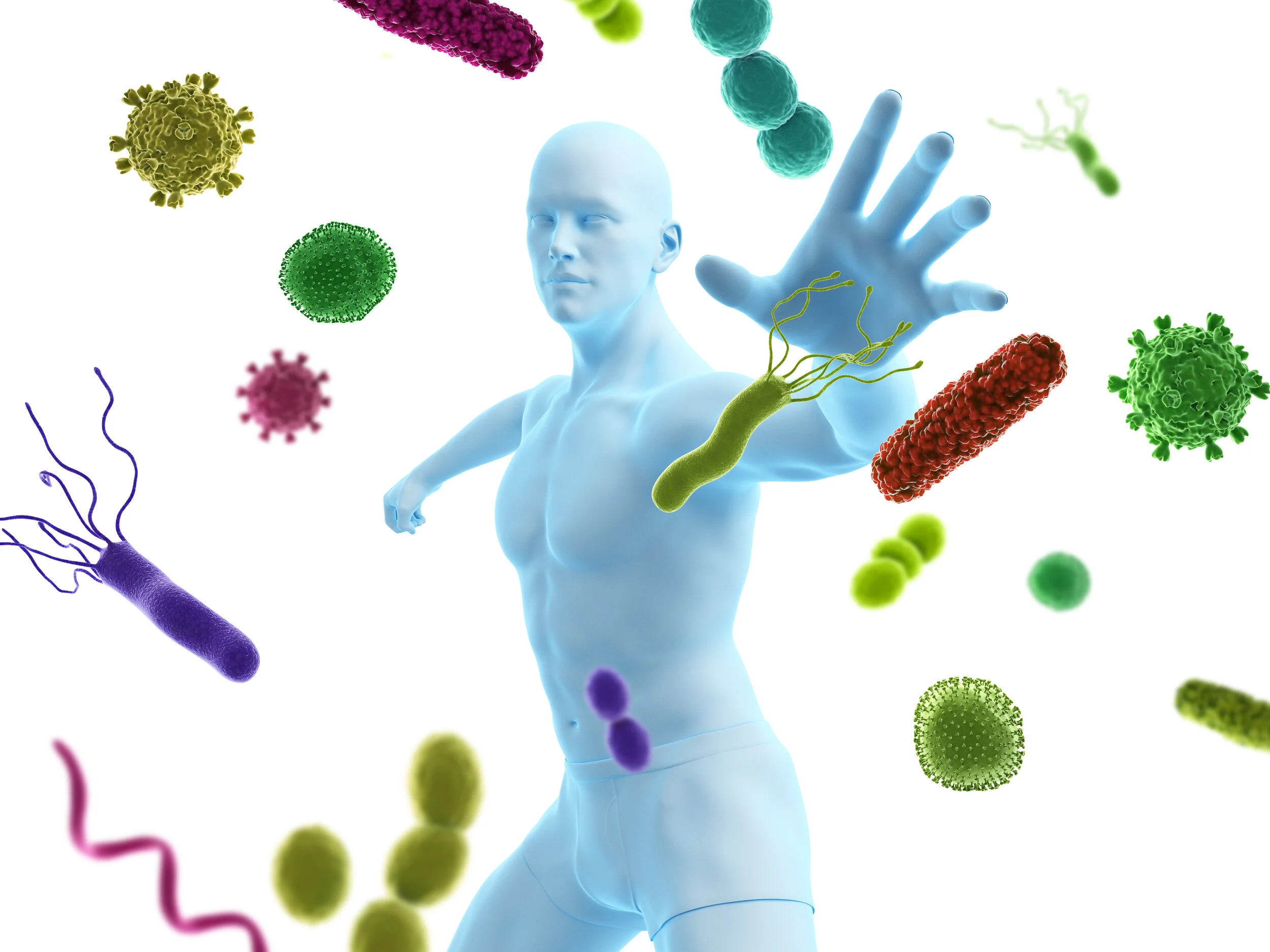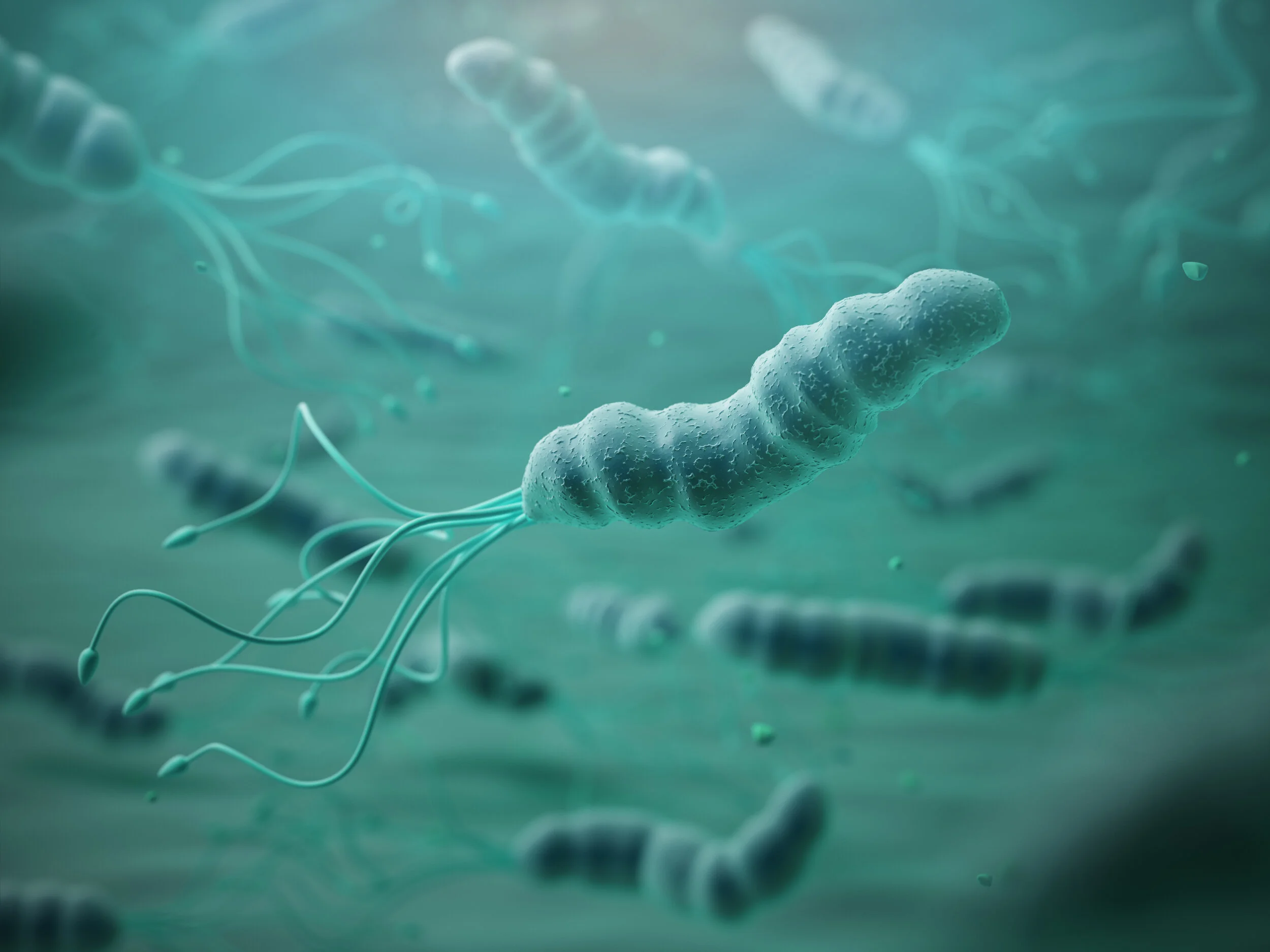Supplements in pregnancy?
Sue McGarrigle ND DipION CNHC mBANT
Pregnancy places extra nutritional demands on a woman's body and common medical advice is to increase the intake of certain essential nutrients prior to becoming pregnant, throughout the pregnancy and whilst breast feeding after birth. Dietary supplementation of key nutrients is one way to ensure any shortages in the diet are covered. A combination of DHA an essential Omega 3 fatty acid, along with supportive vitamins, minerals and lactic acid bacteria that can be taken before becoming pregnant, during pregnancy and while lactating are supportive to the mother and baby’s health and development throughout.
DHA is essential particularly during the third trimester in which time accelerated brain growth occurs. Fish are the major food source of Omega 3 fatty acids Eicosapentaenoic acid (EPA) and Docosahexaenoic acid (DHA). All fish contain EPA and DHA; notwithstanding the issues involving contaminated fish which has influenced our choices, the quantities do vary among species and within a species according to environmental variables such as diet and whether fish are wild or farm-raised. Other factors which may affect the levels of DHA-;some individuals are more efficient at converting Alpha Linolenic Acid (ALA) ultimately to DHA (e.g. some vegetarians and vegans) but the majority of Westerners are poor converters and adults and children alike who follow a low fat, low fish diet often miss out on beneficial Long Chain PUFA’s. Factors include a lack of the vitamins (B3, B6, C) and minerals (zinc, magnesium) which are necessary for conversion, also a lack of enzymes through competition; Linoleic acid (LA) and Alpha Linolenic Acid (ALA) compete for the same elongase and desaturase enzymes in the synthesis of longer polyunsaturated fatty acids, such as Arachadonic Acid (ARA) and EPA. Although ALA is the preferred substrate of the delta-6 desaturase enzyme, the excess of dietary LA compared to ALA results in greater net formation of ARA than EPA.
A practical way to significantly increase DHA levels is to take a supplement that delivers higher levels of DHA. ALA to EPA to DHA is minimal when you consider the requirement during pregnancy for example. Hormones during pregnancy increase conversion, something that evolved out of necessity as DHA is vital for foetal eye development and development of the nervous and immune systems.
In a double-blind, randomized placebo-controlled trial, children born to mothers who were supplemented with fish oil (2.2 g DHA and 1.1 g EPA) during pregnancy (20 weeks' gestation until delivery) displayed higher scores of eye and hand coordination at 2 1⁄2 years of age compared to children whose mothers were supplemented with olive oil. Research from Paediatrics 2011 reported that a sample of 1094 pregnant women in Mexico were assigned to daily supplementation of DHA capsules (400mg/day) or placebo capsules from 18 to 22 weeks gestation to childbirth. Mothers or caregivers completed 15-day recall questionnaires on common illness symptoms experienced by the infants at one, three, and six months of age. Birth outcomes, rates of exclusive breastfeeding, and rates of infant death were similar in both groups, but occurrence and duration of illness symptoms were at times markedly different. At one month of age, the DHA group experienced reduced cold occurrence and shorter durations of cough, phlegm, and wheezing. The DHA group also experienced fewer illnesses overall at one and three months of age. At 3 months of age, infants in the DHA group spent 14% less time ill than children in the placebo group, and at six months of age, infants in the DHA group experienced shorter duration of nasal secretion, difficulty breathing, fever, and rash.
Studies over the last three decades have also provided evidence that depletion of DHA from the developing retina and brain leads to abnormalities in electroretinogram and visual evoked potential (VEP) responses and learning behaviours. DHA plays an important role in the regeneration of the visual pigment rhodopsin, which plays a critical role in the visual transduction system that converts light hitting the retina to visual images in the brain. Changes in DHA content of neuronal cell membranes could alter the function of ion channels or membrane-associated receptors, as well as the availability of neurotransmitters. Ion channels are present in the membranes that surround all biological cells, ion channels are key components in a wide variety of biological processes that involve rapid changes in cells, such as cardiac, skeletal, and smooth muscle contraction, epithelial transport of nutrients and ions, T-cell activation and pancreatic beta-cell insulin release. International experts recommend a minimum level of 300 to 500mg of DHA daily for pregnant and lactating women.
Supplementing the lactic acid bacteria Acidophilus, Bifidum and Bulgaricus which have a natural place in the digestive system can promote healthy gastrointestinal function and immune health. Probiotic bacteria, mostly belonging to the genera Lactobacillus and Bifidobacterium confer a number of health benefits to the host, including vitamin production. Folate is a B-group vitamin that cannot be synthesized by humans and must be obtained exogenously. L.bulgaricus produces natural folate and provides a complementary endogenous source of the vitamin which may contribute to prevent folate deficiency. Folate together with Iron, Vitamin B12 and Vitamin D have a role in the process of cell division. Low maternal folate status is a risk factor in the development of neural tube and other birth defects in the developing foetus and premature birth or low birth weight. Supplemental folic acid intake increases maternal folate status which is important from preconception.
As well as Folic acid Vitamins C, D, E, B6 and B12 and the minerals Iron and Zinc support important biological processes for both the mother and developing infant. Vitamin B12 is involved in the reduction of neural tube defects and the risk of infertility. In infants, signs of a vitamin B12 deficiency include failure to thrive, problems with movement, delays in reaching the typical developmental milestones and megaloblastic anaemia.
Vitamin C helps maintain a healthy immune system and the strength of the connective tissue, bone growth and is a primary antioxidant quenching excessive oxidative stress. Vitamin C helps improve the uptake of Iron from the diet. Iron is essential to help reduce low birth weight, anaemia and associated feelings of tiredness. During pregnancy iron requirements can increase and it is needed to maintain a healthy immune system as well as haemoglobin production for transportation of oxygen around the body. Zinc is required for the production, repair and function of DNA and is essential for the rapidly dividing cell growth that takes place during pregnancy; zinc is also involved in the maintenance of normal birth weight whilst Vitamin E contributes to the protection of cells from oxidative stress.
Vitamin B6 is well known for helping to reduce nausea during pregnancy and is involved in the metabolism of protein, carbohydrate and fat. It is required for the formation of new red blood cells and antibodies as well as being vital for the development of the baby’s brain and nervous system.
Vitamin D is required during the pregnancy to ensure healthy skeletal development, birth weight and immune function. Vitamin D is also required to maintain proper levels of Calcium and Phosphorus, essential in the development of the bones and teeth and is also recommended to women while breast feeding.
The Department of Health’s Chief Medical Officer recommends all pregnant and breastfeeding women should take a daily supplement containing 10μg of vitamin D.
Caution is always advisable when using supplements in pregnancy and following recommendations made by the Department of Health alongside a healthy diet is usually the wisest route from preconception to birth.








